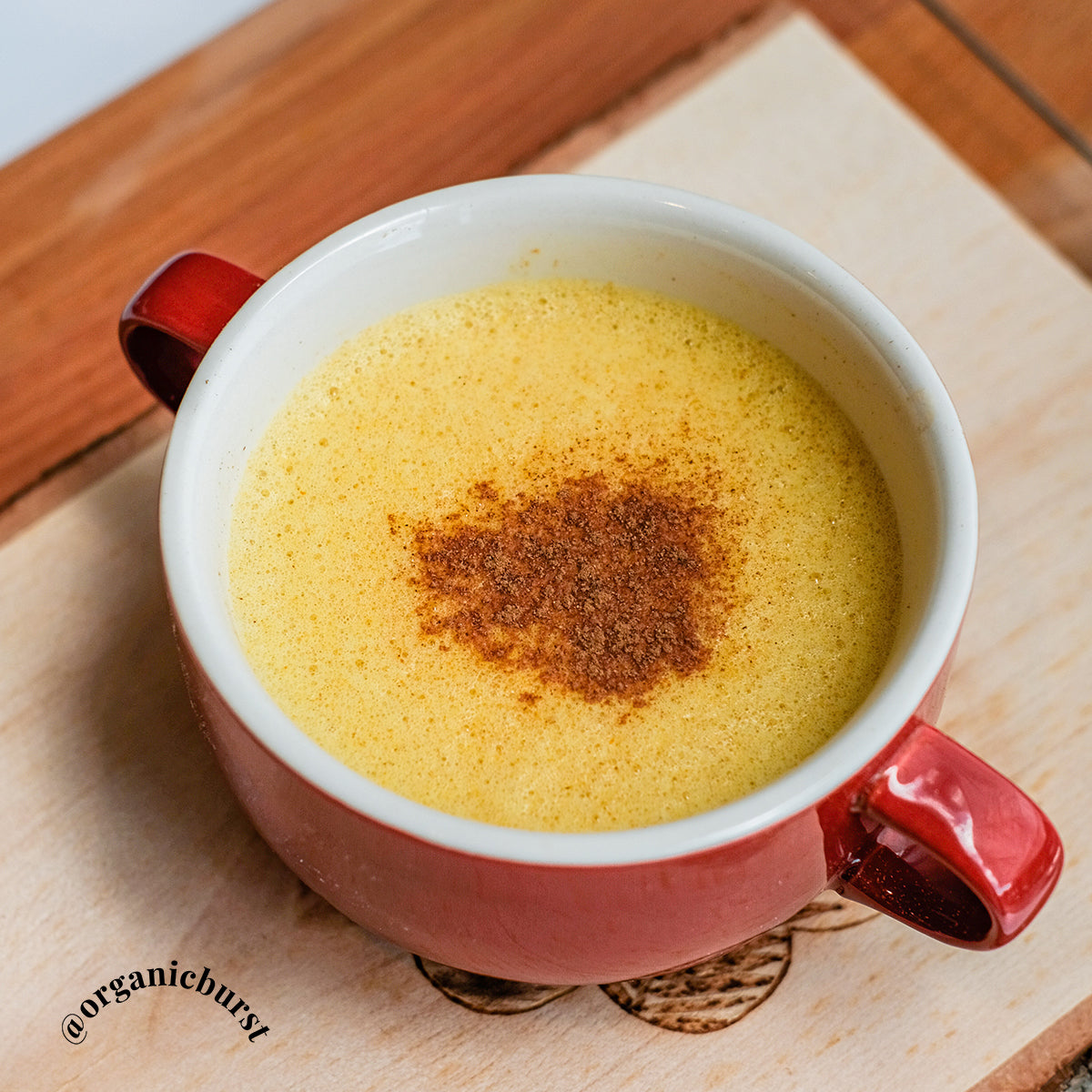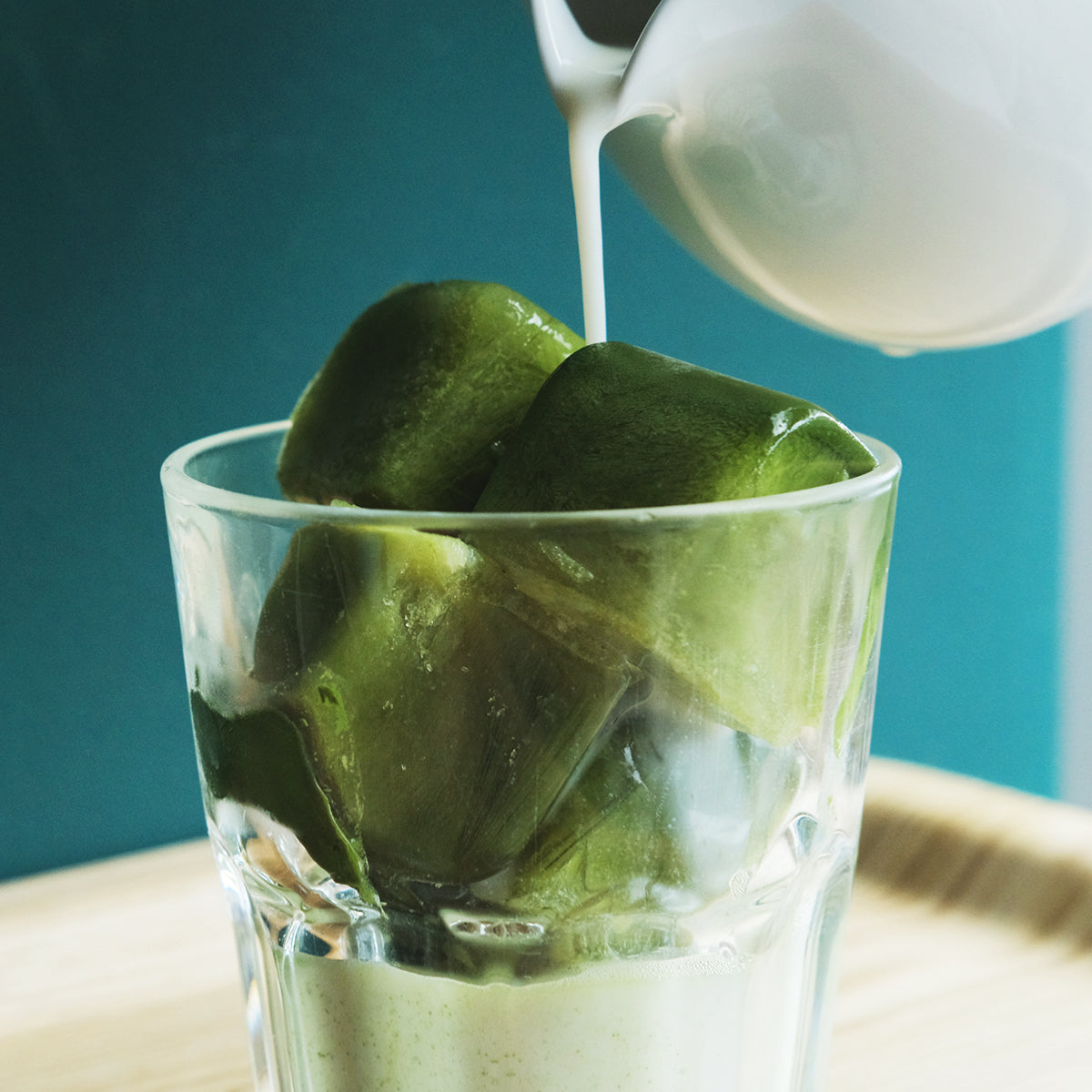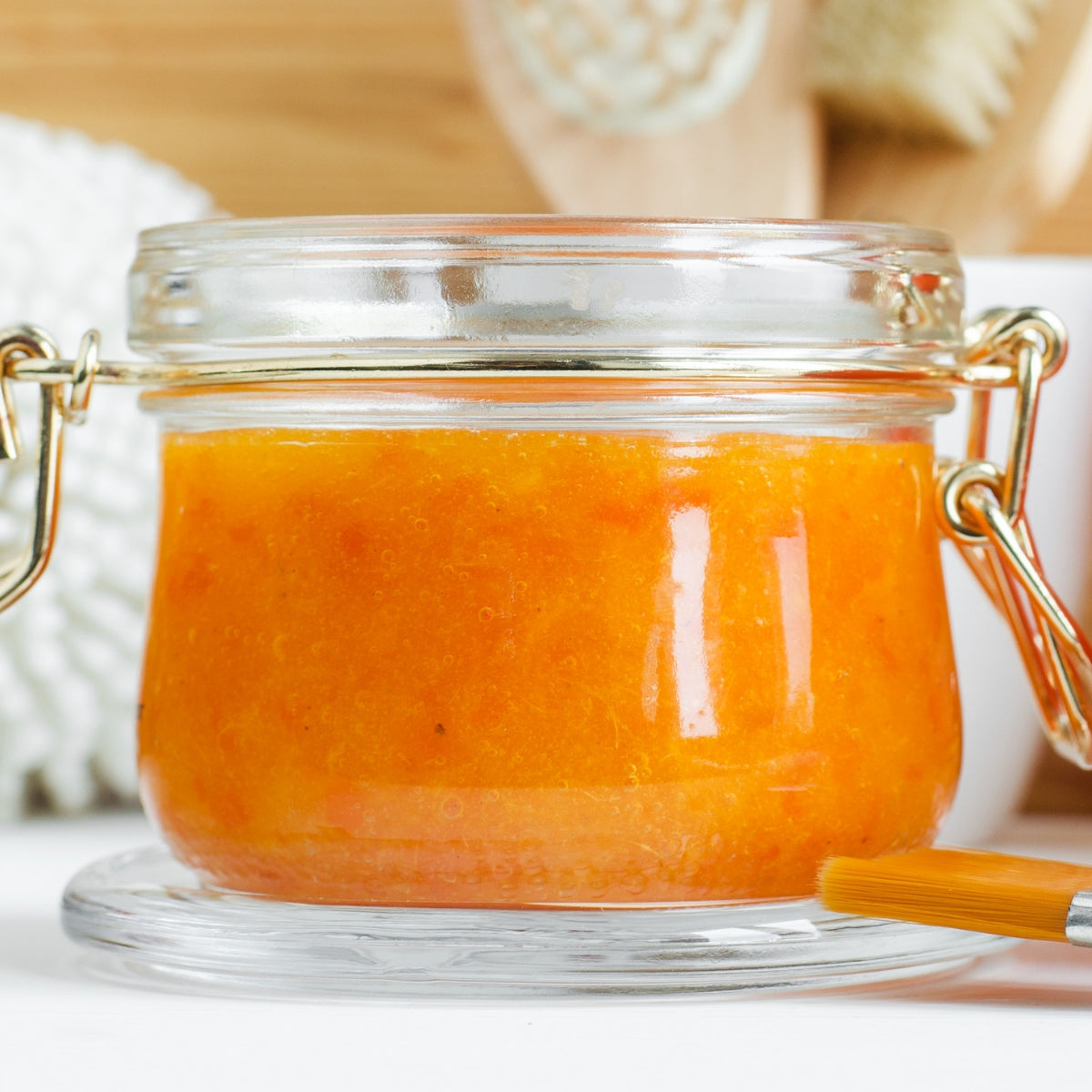Tackle your digestive issues, skin problems, hormonal imbalance, stay well and energized with fabulous fiber!
- Discover the hidden benefits of fiber (more than just digestive health!)
- Learn which fiber-rich foods help and those that don’t!
- Understand when adding more fiber may not be a good idea test product

How fiber helps keep you healthy
The powerful and noticeable effects of eating fiber that will keep you well and make you feel great:
- Feeds healthy gut flora.
- Insoluble fiber stays intact through the digestive tract and helps everything move through smoothly, comfortably and regularly.
- Ensures waste, toxins and excess hormones leave the body, don’t cause irritation, inflammation in the gut wall or get reabsorbed.
- Soluble fiber dissolves in water and forms a shield to prevent rapid uptake of sugars, and it is involved in maintaining healthy cholesterol levels.
- Weight management – fiber is filling and stops you snacking on refined, ‘empty calorie’ foods.
- Keeps energy levels steady – by protecting you from a roller-coaster of blood sugar highs and lows, your mood and energy will feel more balanced and you’ll have fewer cravings for sweet foods.
- Constipation and diarrhea are both helped with appropriate fiber rich foods (see below).
- A reduction in the risk of inflammation in the bowel and other complications including diverticulitis, haemorrhoids, gallstones, kidney stones, heart disease and stroke.
Keep your energy stable with soluble fiber, it forms a shield to stop you absorbing sugar too fast.
Read on to discover which high-fiber foods you need to include and which to avoid…
The Amazing Hidden Benefits Of Eating Fiber
A healthy body is full of bacteria! By feeding the good bacteria in your digestive system, fiber helps you stay well in so many ways:
- Resist illness: A healthy layer of good gut flora forms a protective layer through the lining of the gut that’s your defence against illness-causing bacteria, viruses and yeasts.
- Energy, growth and healing: Gut bacteria produce B vitamins (that make energy and help to form new cells) and Vitamin K (for blood clotting, wound healing and healthy bones).
- Absorb more nutrients: Gut flora breaks down food further to release all the nutrients for absorption through the gut wall and into the bloodstream.
- Happy digestion: Without healthy gut flora to break it down efficiently, food can sit too long in the tummy, fermenting, causing bloating, pain and contributing to more serious digestive issues including inflammation and leaky gut.
- Healthy skin: A healthy gut wall means much less inflammation, stress hormones and toxins in the blood stream – which all contribute to skin problems.
- Mood and ability to deal with stress: A healthy tummy helps to ensure you have plenty of happy neurotransmitters, and lower levels of stress hormones.
Fiber helps the health of your gut wall, reducing inflammation, stress hormones and toxins!
Fiber-rich foods to include every day
- Eat a wide range of several different types of fibrous organic vegetables and fruits including: salad greens, cabbage, bell peppers, broccoli, Brussels sprouts, artichokes, cauliflower, berries, pears, citrus fruits, etc.
- Organic Burst Wheatgrass and Baobab powders are a great way to sneak extra fiber into your day – add 1 serving to a glass of water or your morning smoothie.
- Nuts and seeds, including pseudo grains like buckwheat, amaranth and quinoa are a fantastic source of fiber (as well as a host of other important nutrients).
- Organic Burst Chia seeds contain 33% fiber, including soluble fiber that creates a gel-like substance when soaked for 10 minutes in water, that’s incredible for the gut. Plus the insoluble fiber is still soft enough to be digested well, releasing the contents of the tiny seeds without needing to be ground up like other seeds.
- Lentils, peas and beans are excellent sources of fiber, but they don’t agree with everyone’s digestion, so always make sure they’re thoroughly soaked and cooked and chewed!
A note on the types of high-fiber foods to avoid
Although much of the standard advice from medics and food manufacturers focuses is to choose wholegrains and high-fiber cereals, we don’t agree!
- Most of these foods are highly processed.
- They contain anti-nutrients (compounds such as phytates, gliadin and lectins) that irritate the lining of the gut and prevent absorption of important vitamins and minerals.
- Pasta, bread, crackers, pastry, cookies and even porridge made from wholegrains like wheat, rye, spelt, barley and oats can cause digestive discomfort and set your blood sugar levels off balance, affecting your energy and mood.
High-fiber foods like wholegrain cereals and bread can damage your health - eat the right fiber!
It is also important to be aware that if your gut lining is damaged and you are already dealing with a condition such as irritable bowel syndrome, then more fiber can potentially worsen symptoms. Speak to your practitioner about taking steps to begin the healing process before increasing fiber.














